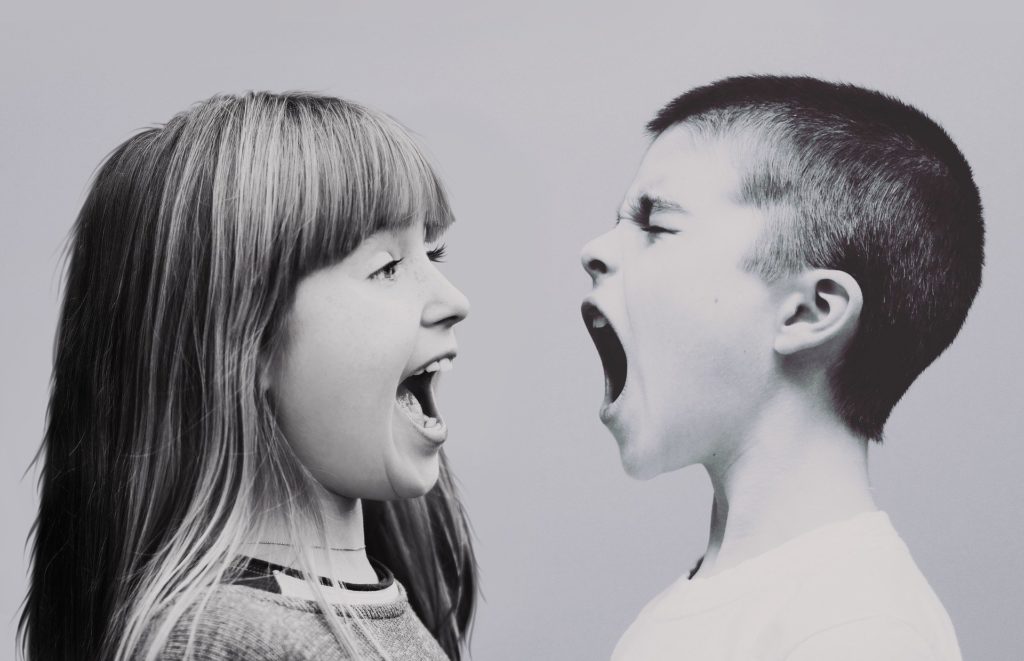
Image by Sarah Richter from Pixabay
“Before we start our discussions today, I want you to take out a sheet of paper for a short quiz.” That’s how Dr. Janice Al-Koman started class. The students were puzzled because they never had a quiz in this class before.
“Here’s the first question: last fall as we wrapped up the semester, a student asked what I’d be doing for Christmas. Should I be offended?
“Here’s the next question: often I’ve been asked about my nationality because my last name is of Arabic origin, but I, quote, ‘don’t look Arab.’ Should I be offended?
“And finally: at a conference, a White male colleague from a different school remarked that I must really have appreciated my university’s focus on diversity in hiring. Should I be offended?”
Dr J (as she liked to be called) went on to explain the concept of microaggressions and listed several common types:
- Microassaults – when people intentionally behave in a discriminatory way, like using a slur and then passing it off as “just joking” or insisting that it’s ok, because they have a friend from that group.
- Microinsults – subtle expressions of rudeness, like suggesting a person is not like others of their group in their appearance or behavior (“but you’re so light skinned”).
- Microinvalidations – a denial of a person’s capabilities, like suggesting someone was helped by a diversity hiring practice.
- Environmental microaggressions — when a whole social context communicates a negative message about marginalized groups, like recognizing holidays only celebrating one culture.
“Here’s why I’m telling you this. First I want you to be aware of how you can impact your classmates by things you say or do. Second, your microaggressions can affect the discussions we will be having.
“I would like each of you to keep a diary of what you have considered microaggressions directed at you or others. Once a month, we will have a facilitated discussion on how we can be sensitive to others. We won’t be accusing anyone of anything. But I think the sharing of those microaggressions after some time has elapsed will lead to a more empathetic and less defensive discussion. Everyone in this room, myself included, can really benefit from being more aware of how we interact with others.
“I ask for your patience should you experience a microaggression. Keep focused on the discussion topic, but make sure to capture the incident so we can discuss it at our monthly sharing sessions. But if you feel so uncomfortable with any microaggression that it is affecting you in this class, let’s talk.”
A year later, Dr. J received this email:
“Thank you so much for teaching us about raising awareness of microaggressions in such a positive way. I’ve recommended your approach to our organizational leadership and we have implemented something similar to what you do in class.”
* * *
“How many generations will you ask about before you believe, I too, am American? – Anonymous
This post is part of our “Think About” education series. These posts are based on composites of real-world experiences, with some details changed for the sake of anonymity. New posts appear Wednesday afternoons.



